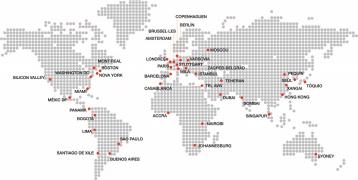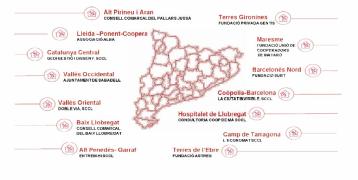The social economy and support to social enterprises
The social economy is a crucial part of the EU socioeconomic landscape. The social economy accounts for 8% of the EU GDP, and there are 2.8 million social economy enterprises and organisations that provide 13.6 million jobs altogether. On a political level, work is currently underway towards a European Action Plan for Social Economy. In the context of the COVID19 crisis, social economy actors have assisted the recovery by strengthening social services to complement government action. In the long term, social enterprises can reshape the post-crisis economy by promoting inclusive and sustainable economic models.
However, social economy and social economy actors still face some critical challenges that hold back their full potential. Actions aimed at boosting the sector are fragmented. There is a lack of dedicated funding and support services, e.g., training and incubators, dedicated to social enterprises. There is some confusion on the terminology and legal status of social enterprises in some regions. Accordingly, in order to foster the growth of the EU social economy, policy action is needed both on the union and regional levels.
This is the context where the Interreg Europe projects come into play. They exchange good practices on tackling issues related to social enterprises' legal categorisation, lack of access to funding, and fragmentation of activities. This policy brief contributes to the ongoing discussion by presenting policy achievements and good practices from Interreg Europe partner regions as examples of furthering the social economy agenda on the EU level.
Policy brief on the social economy and support to social enterprises
Policy brief on the social economy and support to social enterprises
Featured good practices

The Caravan of Ideas









